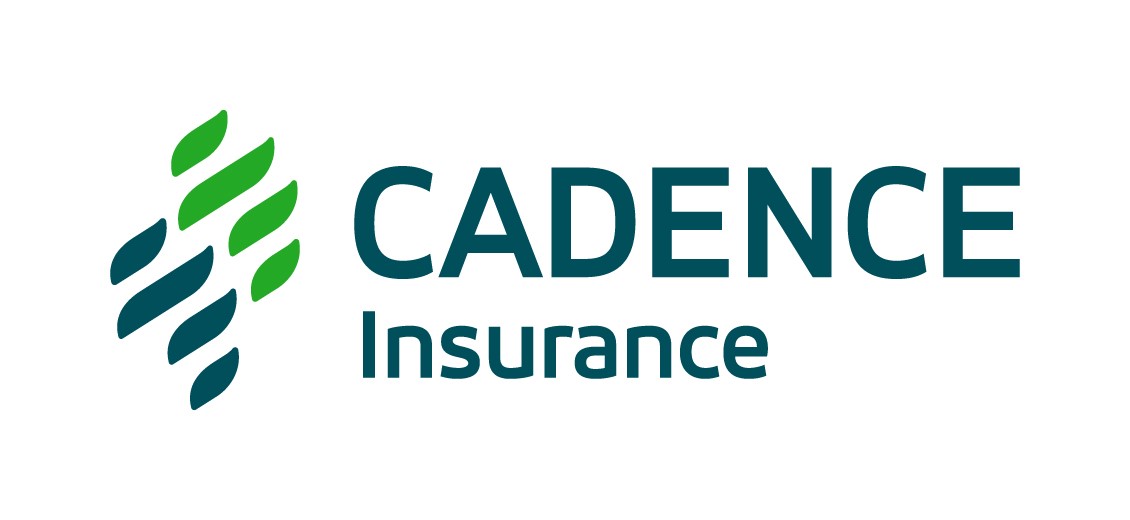Safely Testing Your Organization's Response: Cybersecurity Attack Preparedness in the Healthcare Industry
In today's digital age, the healthcare industry faces an increasing threat from cyber-attacks. With the growing dependence on technology, it is crucial for healthcare organizations to prioritize cybersecurity and be prepared to respond effectively in the event of an attack. One of the key strategies to ensure readiness is the safe testing of an organization's response capabilities. This article explores the importance of safely testing your organization's response in the event of a cybersecurity attack and highlights the benefits it brings to the healthcare industry.
Identifying Vulnerabilities – One of the primary reasons for safely testing your organization's response to cyber-attacks is to identify vulnerabilities in your systems and processes. By simulating real-world attack scenarios, healthcare organizations can proactively uncover weak points in their cybersecurity infrastructure. This enables them to take necessary measures to strengthen their defenses, patch any vulnerabilities, and minimize the risk of potential breaches.
Enhancing Incident Response – A cyber-attack can have severe consequences for healthcare organizations, including compromised patient data, disrupted operations, and reputational damage. Safely testing your organization's response allows you to evaluate and enhance the effectiveness of your incident response procedures. By conducting regular drills, organizations can identify areas for improvement, train staff on proper protocols, and refine their incident response plans. This ensures a swift and coordinated response in the event of a real cybersecurity attack, minimizing the impact on patient care and overall organizational stability.
Building Cybersecurity Awareness – Testing your organization's response to cyber-attacks also plays a vital role in building cybersecurity awareness among employees. By simulating attack scenarios, employees gain firsthand experience in recognizing and responding to potential threats. Regular training and testing create a culture of vigilance, where employees are more attuned to suspicious activities and adhere to best practices in cybersecurity. This collective awareness strengthens the organization's overall security posture and reduces the likelihood of successful attacks.
Compliance with Regulatory Requirements – The healthcare industry is subject to various regulatory requirements, including data protection and privacy regulations. Safely testing your organization's response to cyber-attacks helps ensure compliance with these regulations. By demonstrating preparedness and the ability to effectively respond to security incidents, healthcare organizations can meet the requirements set forth by regulatory bodies. Compliance not only protects patient data but also enhances trust among patients, partners, and stakeholders.
Continuous Improvement – Cybersecurity threats are constantly evolving, and attackers are becoming increasingly sophisticated. Safely testing your organization's response enables continuous improvement in cybersecurity practices. By regularly evaluating and refining response procedures, healthcare organizations can stay ahead of emerging threats, adapt their cybersecurity strategies, and implement necessary updates. This proactive approach fosters a culture of continuous improvement, reflecting the organization's commitment to safeguarding sensitive information and ensuring the highest level of cybersecurity.
If you would like to learn more on how you can put your organization’s response to the test, please contact:
Seth K. Karnes
Sr. Director, RCT














